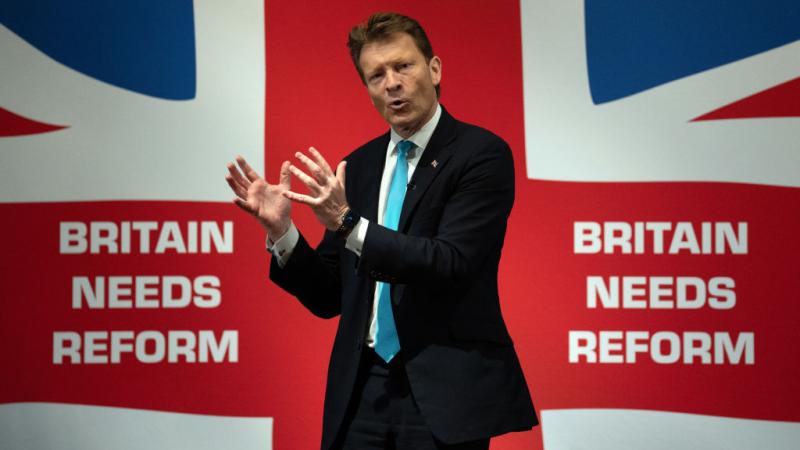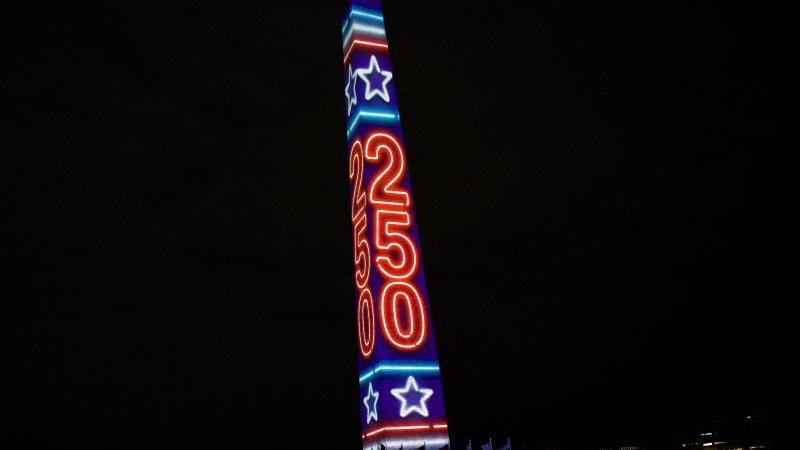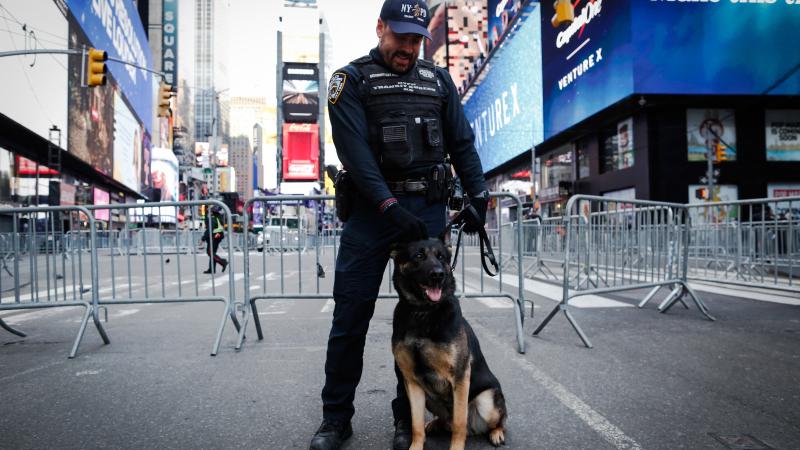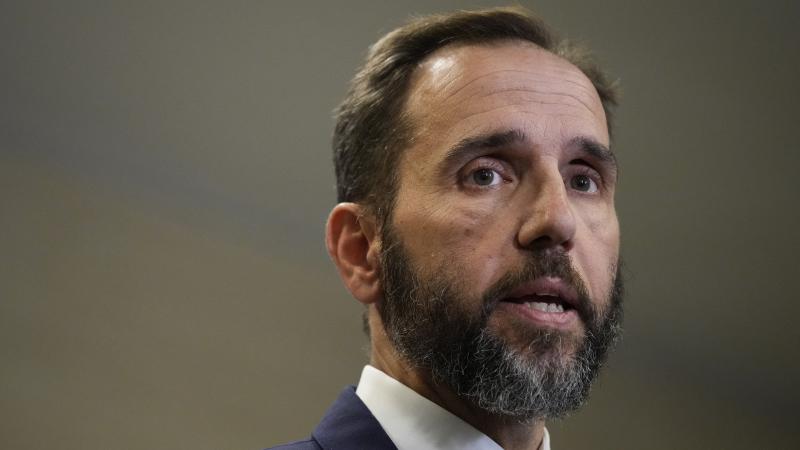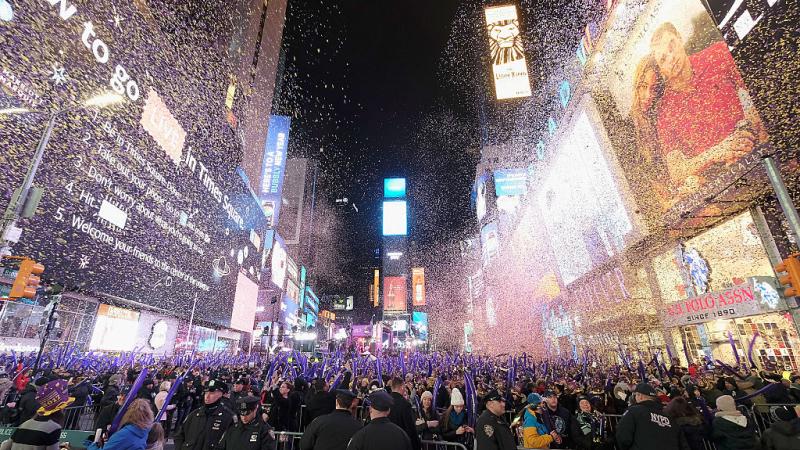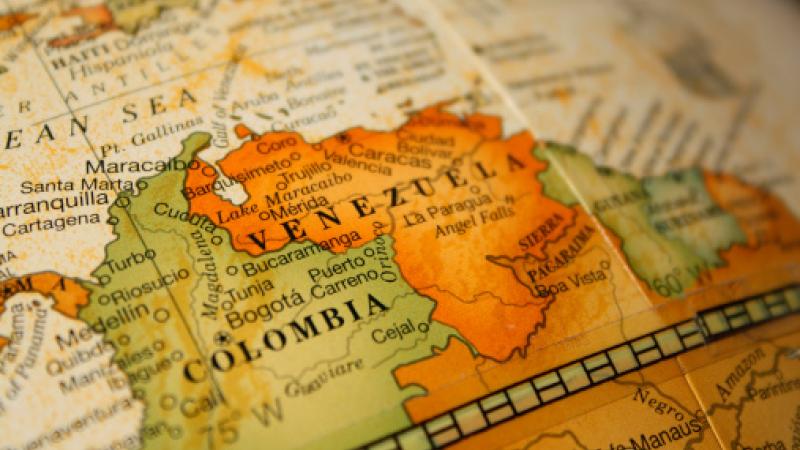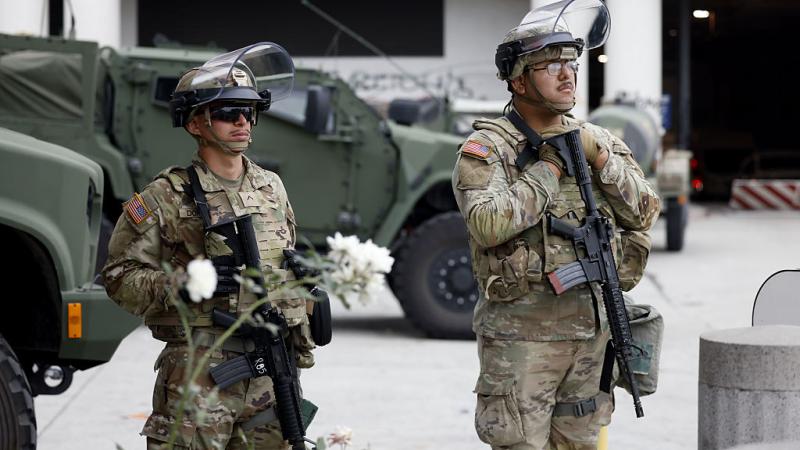U.S. developed coronavirus vaccine enters final-stage testing
The vaccine, developed by the NIH and Moderna Inc. is now being injected in 30,000 Americans, who will serve as a test group for the drug's hopeful efficacy
Roughly 30,000 Americans on Monday received experimental shots of a coronavirus vaccine created by the U.S. government, as institutions worldwide continue to race for a cure.
The shots are the beginning of the final-stage of testing for the vaccine, which was developed by the National Institutes of Health, in collaboration with Moderna Inc. Volunteers have been given either a real or placebo dose.
Pfizer Inc., also announced on Monday that it has started a proprietary study of its own vaccine, and is aiming to recruit 30,000 volunteers as well.
It will now be several months before either company's trial yields results. However, NIH Director Francis Collins called the first test injection of Moderna's vaccine a "significant milestone."
"Yes, we're going fast, but no, we are not going to compromise," he also said.
Stephane Bancel, the CEO of Moderna, also emphasized the efficiency of their trial, "we are focusing on speed because every day matters."
Volunteers will receive two doses, spaced one month apart, scientists will subsequently both the real dose and placebo dose groups to see which one experiences a higher infection rate as they navigate their day-to-day lives, especially in places where the spread of the virus is rising.
Dr. Anthony Fauci, the director of the National Institute of Allergy and Infectious Diseases, cautioned that results will likely not be available until November or December of this year. He also said that, unlike the vaccine for measles infections, which prevents 97% of infections, the coronavirus vaccine will likely prove closer to 60% effective in preventing illness.

